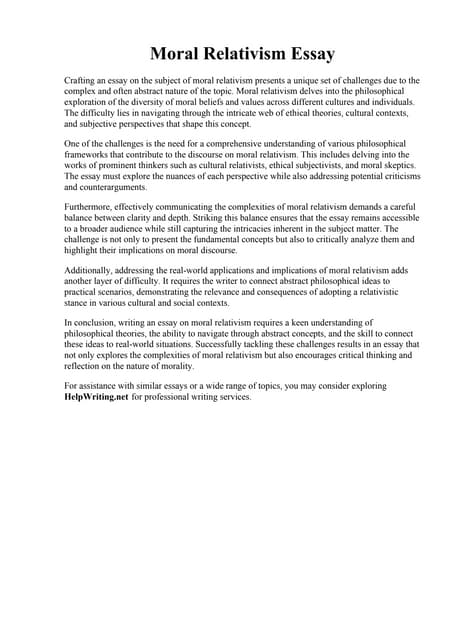From populist politics to debates over vaccines and gender, ours is an age of polarisation. How can we debate productively in cases of deep disagreement? Wittgenstein’s account of balancing certainty about the rightness of our beliefs with intellectual humility provides the key, argues Drew Douglas Johnson. We can achieve this balance by recognising that our core certainties are rationally ungrounded, and yet are no less legitimate for this groundlessness. We live in a period where there is greater access to information and ease of communication than ever. Yet society today is marked not by consensus, but by increasingly extreme and harmful polarization. For example, entrenched disagreement on the very existence of covid-19 threatened the ability of governments to act swiftly to address the global pandemic.How should we…
Read the full article which is published on IAI TV (external link)






